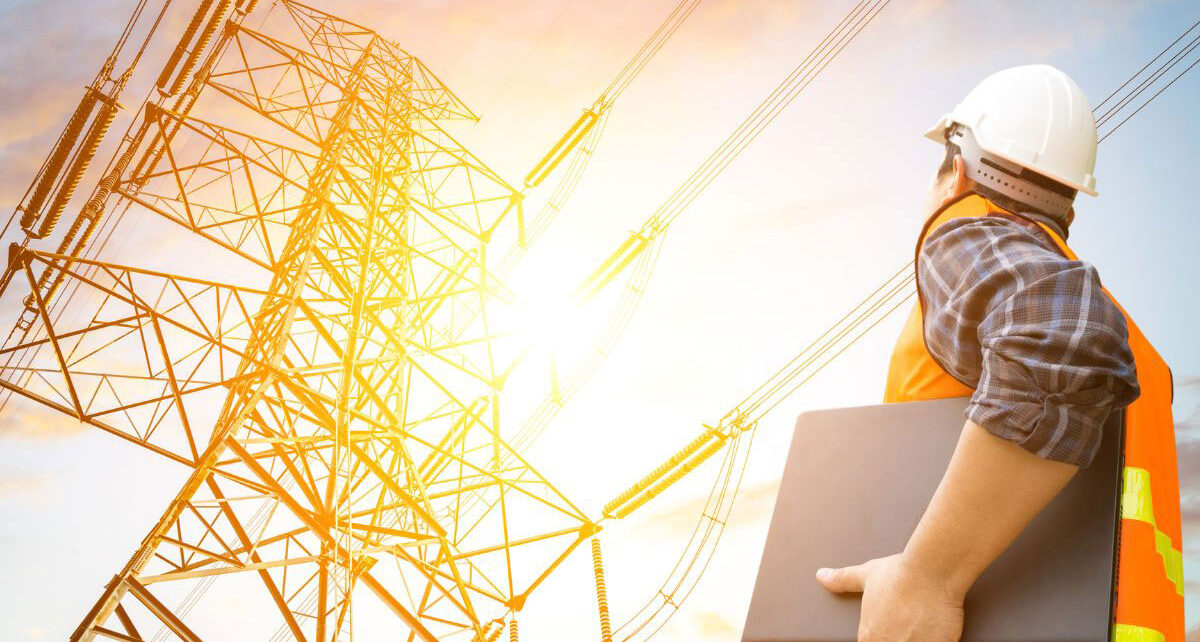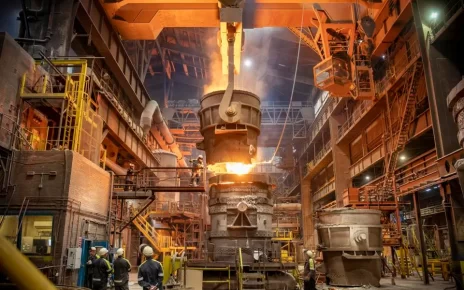As technology advances and the world transitions to more sustainable practices, the role of electricians is evolving rapidly. No longer confined to traditional wiring and electrical installations, electricians are now expected to adapt to new technologies and emerging fields such as smart homes and renewable energy. These areas are not only reshaping the nature of electrical work but also presenting exciting future job opportunities for electricians who demand a blend of traditional expertise and cutting-edge skills.
Smart Homes: The Integration of Technology and Electrical Work
Smart homes, which feature interconnected devices designed to improve convenience, security, and energy efficiency, are becoming increasingly common. This shift towards automation means electricians are now tasked with installing and maintaining advanced electrical systems that go beyond simple lighting and appliance connections.
In smart homes, electricians must work with systems like home automation hubs, smart thermostats, security cameras, and energy management tools. They are responsible for installing wiring systems that can support these smart devices, ensuring compatibility with Internet of Things (IoT) networks, and troubleshooting complex systems. Electricians also need to understand the security protocols for these devices, ensuring that all systems are safe from cyber threats.
This evolution requires electricians to gain new skills in network systems, wireless communication, and the programming of smart devices. With more people building smart homes, there will be a huge need for plumbers who know how to use these new tools. People who are willing to change can make a lot of money this way.
Renewable Energy: A Greener Future for Electricians
The renewable energy sector is another area where electricians are finding new opportunities. Renewable energy sources, such as solar power, wind power, and energy storage systems, are quickly becoming popular as the world moves toward being more environmentally friendly. Electricians are essential to the installation, maintenance, and repair of these systems, as they play a critical role in connecting solar panels, wind turbines, and batteries to electrical grids and homes.
For solar energy, electricians are involved in installing solar panels, inverters, and battery storage systems. They need to understand the intricacies of electrical wiring, how to integrate renewable sources into existing electrical infrastructure, and how to troubleshoot issues related to energy storage and distribution.
The growth of electric vehicles (EVs) also creates new opportunities for electricians in the renewable energy space. Installing and maintaining electric vehicle charging stations is a growing niche that requires electricians to be well-versed in the installation of high-voltage systems and understand the power requirements for different types of EV chargers.
The Growing Need for Specialized Skills
To stay competitive in the job market, electricians will need to learn new skills as these fields change. In the past, electricians were primarily focused on basic wiring, but today’s electricians must be familiar with a broad range of technologies. Understanding how to design, install, and maintain energy-efficient systems is becoming just as important as the foundational knowledge of electrical circuits.
For those looking to stay ahead in the industry, further education and certifications will be crucial. Specializations in smart home systems, renewable energy technologies, or even cybersecurity for connected devices will help electricians secure high-demand roles in these emerging fields. Additionally, electricians will need to be adaptable and able to navigate changes in building codes and regulations as smart technologies and green energy continue to evolve.
Conclusion
The future of electrical work is bright and full of opportunities, thanks to the rise of smart homes and renewable energy solutions. These emerging fields present electricians with new and exciting challenges, but also the need for updated knowledge and skills. By embracing the new technologies that shape these industries, electricians can ensure they remain integral to the future of construction, energy, and innovation.
The ongoing evolution of the electrical trade offers more future job opportunities for electricians than ever before. Those who are willing to adapt to the changing landscape will not only expand their skill sets but also position themselves at the forefront of a booming and sustainable industry.





